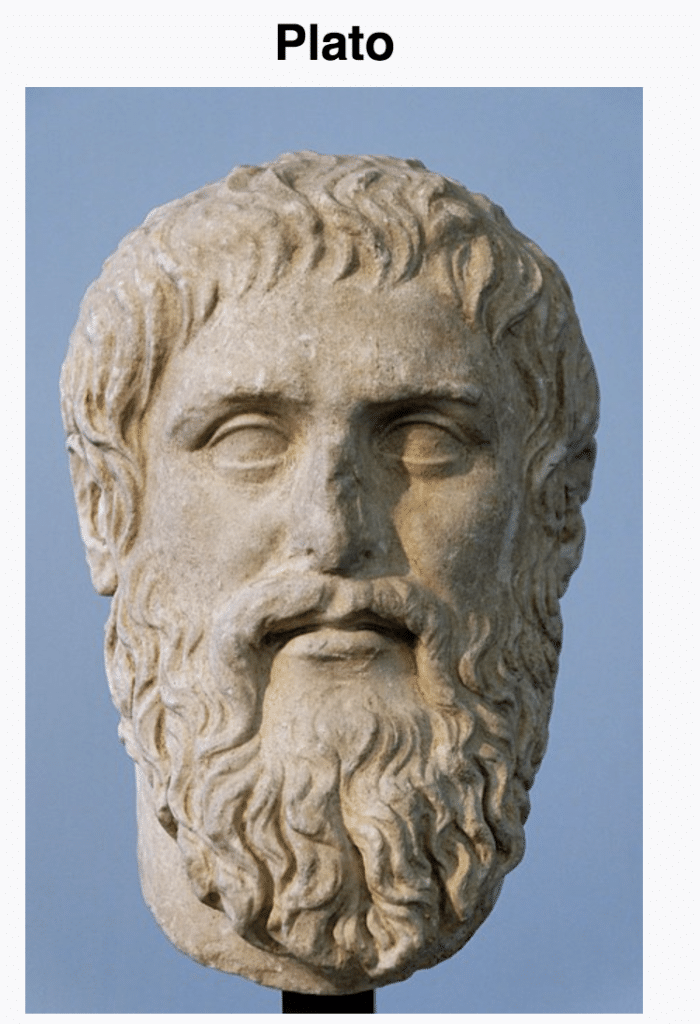
An aptitude test of middle school students asks them, “Which of these questions is mathematically different from the other two?”
a) What is the approximate cost of building a fence around a rectangular swimming pool that is 60 feet long and 30 feet wide if fencing costs $10 per foot?
b) What is the cost of filling a swimming pool with 87000 gallons of water if water costs $0.01 per gallon?
c) What is the cost of putting a border around a triangular garden with three sides of length 35 feet each if the border costs $8 per foot?
The lowest performing students usually select items 1 and 2 as most alike because they both deal with swimming pools. However, the more capable students usually recognize that items 1 and 3 are structurally more alike because they both deal with perimeter, while item 2 involves volume. The aptitude that distinguishes those of exceptional intelligence is their ability to identify abstract patterns. That’s why IQ tests involve items known as “progressive matrices” that measure a person’s ability to identify patterns of change in a sequence of visual representations. Those of higher intelligence tend to think in the abstract while most people are more comfortable thinking in concrete terms. The psychologist Piaget discovered that children acquire understanding of concepts by starting with concrete examples, moving to pictorial representations and then, ultimately generalizing to abstract representations.
So how do these differences in intelligence manifest in life? People of average intelligence tend to deal with the practical questions that impact their lives. This usually involves issues of survival such as, “How do I provide for my family?”, “How do I deal with the demands of my job?” “Where are we going on vacation?” This orientation is understandable, because survival and managing our lives should be a top priority if we are to feed our families and provide for their needs. But fewer people transcend these fundamental goals.
In 1968, the Club of Rome, a consortium of intellectuals who gathered in Rome to discuss the problems of the future, observed that only a small fraction of the population is concerned about issues in the distant future or about issues outside their purview of daily activity. By contrast, intellectuals address questions such as:
• Is the universe deterministic? If so, what is free will and what is consciousness?
• What limits, if any, does Gödel’s Theorem place on the reach of artificial intelligence?
• What are the implications of quantum entanglement for Einstein’s Theory of Relativity?
Many people would not understand these questions, and would see them as irrelevant. Finding it difficult to understand why anyone would care about such things, they might dismiss intellectuals as “egg-heads” with too much time on their hands. Plato once observed, “Wonder is the feeling of the philosopher, and philosophy begins in wonder.” For those who have lost the wonder of their childhood, this may be the concept about intelligence that is most difficult for them to grasp.
